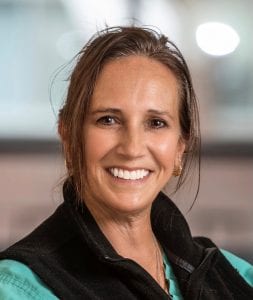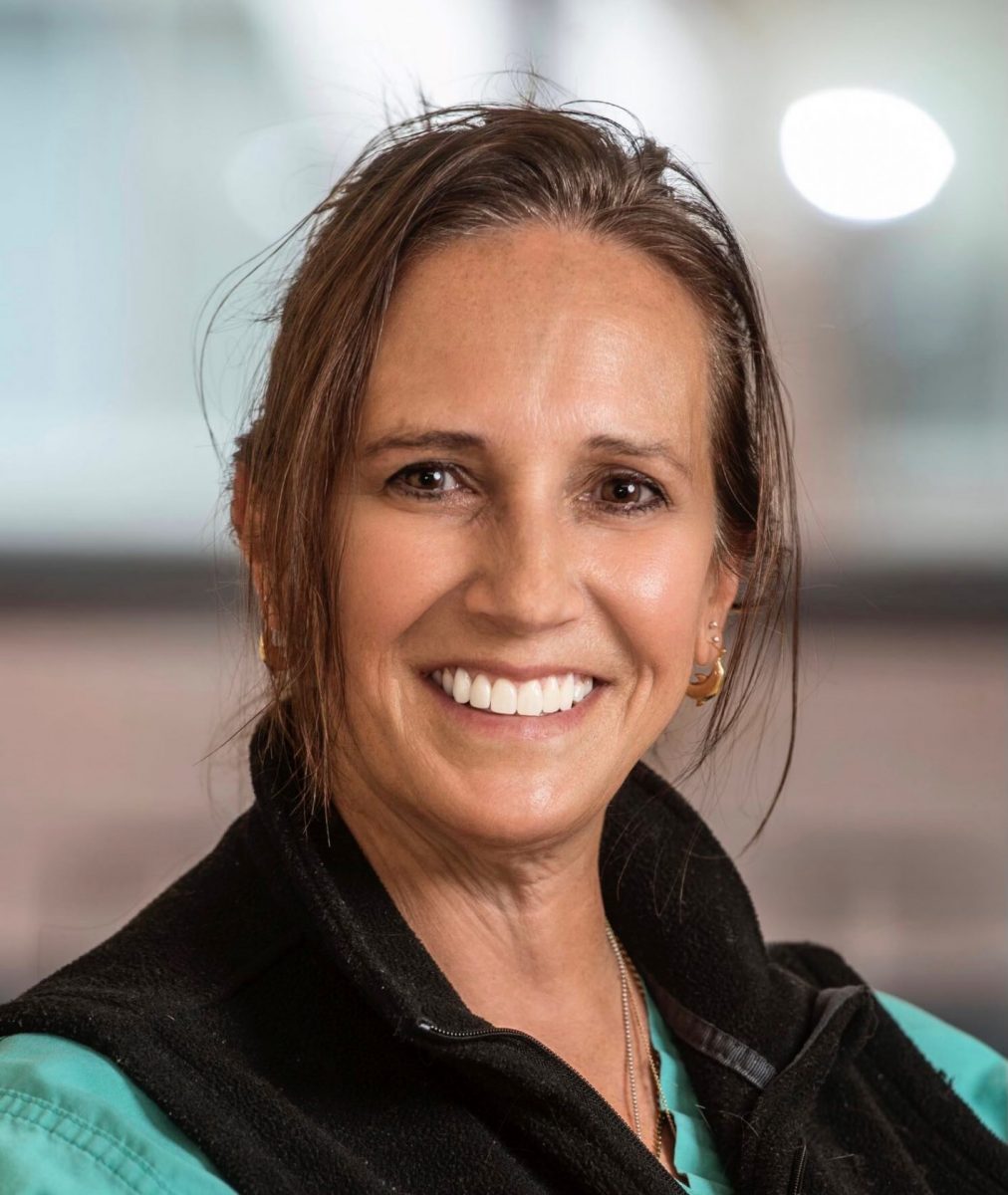
JUANITA CARNES,
Chair, Westfield Board of Health

JOSEPH ROUSE,
Westfield Health Director
By Juanita Carnes FNP, Board of Health chair and Joe Rouse, health director
The end of shut downs and restrictions and a return to a semblance of normalcy is something to celebrate. But for many, giving up the rules that have guided them though the pandemic can be as difficult as adopting them in the first place. Most of our emotional energy has been used up in coping with the pandemic. Many have found a place they can cope and don’t want to leave it yet.
Approximately 600 people in the US are still dying daily of COVID-19 and in some countries the situation continues to be overwhelming. The numbers are better but it’s not okay. Alternately, many are celebrating the decrease in numbers of cases and deaths with happiness and much anticipated return to seeing friends, playing sports, going on vacation, concerts and restaurants. Knowing very little about this virus along with its rapid and deadly spread in the beginning of the pandemic led to high levels of anxiety and fear among the public, health professionals and scientists. We settled into a new, unfamiliar pandemic routine that was a sudden and unexpected disruption of every aspect of life.
While many are feeling very positive about the restrictions easing and now enjoying life while still being mindful of public safety, some are not so mindful. For others the concept of going back out and socializing is terrifying when the debate is still live and the science is still supporting COVID-19 risks. These feelings are reasonable especially for those that have been on the front lines. As restrictions are eliminated, some are finding it extremely difficult to return to pre-pandemic life. It will not be a return to pre-pandemic life.
After living through this, we are all changed. There are new diagnoses in mental health care and the prediction that “COVID-19 Anxiety Syndrome or Re-entry Anxiety” may be the next emerging mental health crisis. Symptoms of this syndrome are similar to other mental health conditions including anxiety, worrying, PTSD, compulsive symptom checking, not leaving the house even when health risks are minimal, avoiding social situations and people. Those with previous mental health conditions, women, children, older adults, health care workers and public health workers are at higher risk.
Contributing factors to COVID anxiety include the media, the ever-changing and new findings of the virus, distrust of information presented, inaccurate information, social media as well as actual accurate information of still existent risks.
How to help yourself: empower yourself through knowledge, focus on the positive, take things slow despite the expectation of a rapid return to a new normal, continue with personal protection, share your feelings of anxiety, be sensitive to those with differing feelings, control what you can control, pace yourself. A mental health expert suggests “Being kind to ourselves and others is so important to keep ourselves from becoming fearful. A little patience with ourselves and understanding that we are all in a different place will fuel the respect and appreciation that we all have a shared human experience we are traveling through.”
Consider seeking help from a mental health professional if needed. The seclusion of the pandemic may become a deliberate isolation for many. Clinical psychologist Dr. Ashley Soloman said, “It makes so much sense that our bodies and our minds are telling us “no.” If the idea of returning to pre-pandemic life worries you, you’re not alone.” She states that the mental health issues that have come out during COVID are going to persist. Restrictions are ending, but the effects of the pandemic will not be forgotten. The life we are returning to is not the one we remember leaving. Focus your energy on the present and on kindness and empathy to others. Stay knowledgeable about the science. Connect with those you trust. However you are feeling, know that it is okay and you are not alone.
Dedicated health department members who have been working tirelessly throughout the pandemic are: Debra Mulvenna RN, Assistant Director Evelyn Bristol RN, Steve Cipriani, Health Inspector Thomas Hibert, Health Inspector Cheryl McMordie, Office Manager Crystal Dugay, Kathi Cotugno, CORE coordinator Other Board Members: Margaret Doody, Stan Strzempko MD.
WE KEEP WORKING TO KEEP YOU SAFE
Wear your mask when appropriate or requested. Wash your hands. Keep your distance. Avoid large gatherings. Save lives. Look for us in next Saturday’s edition.






